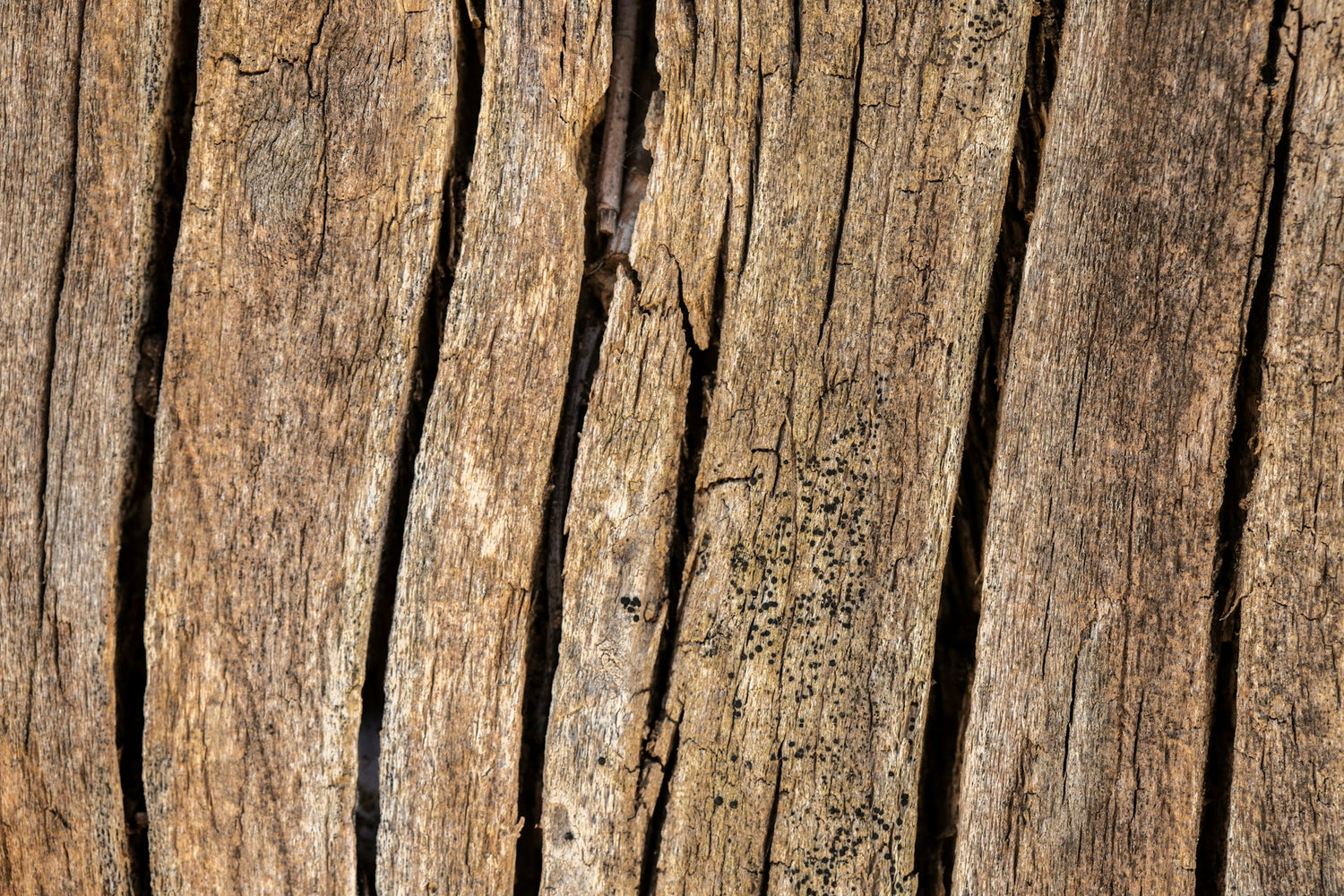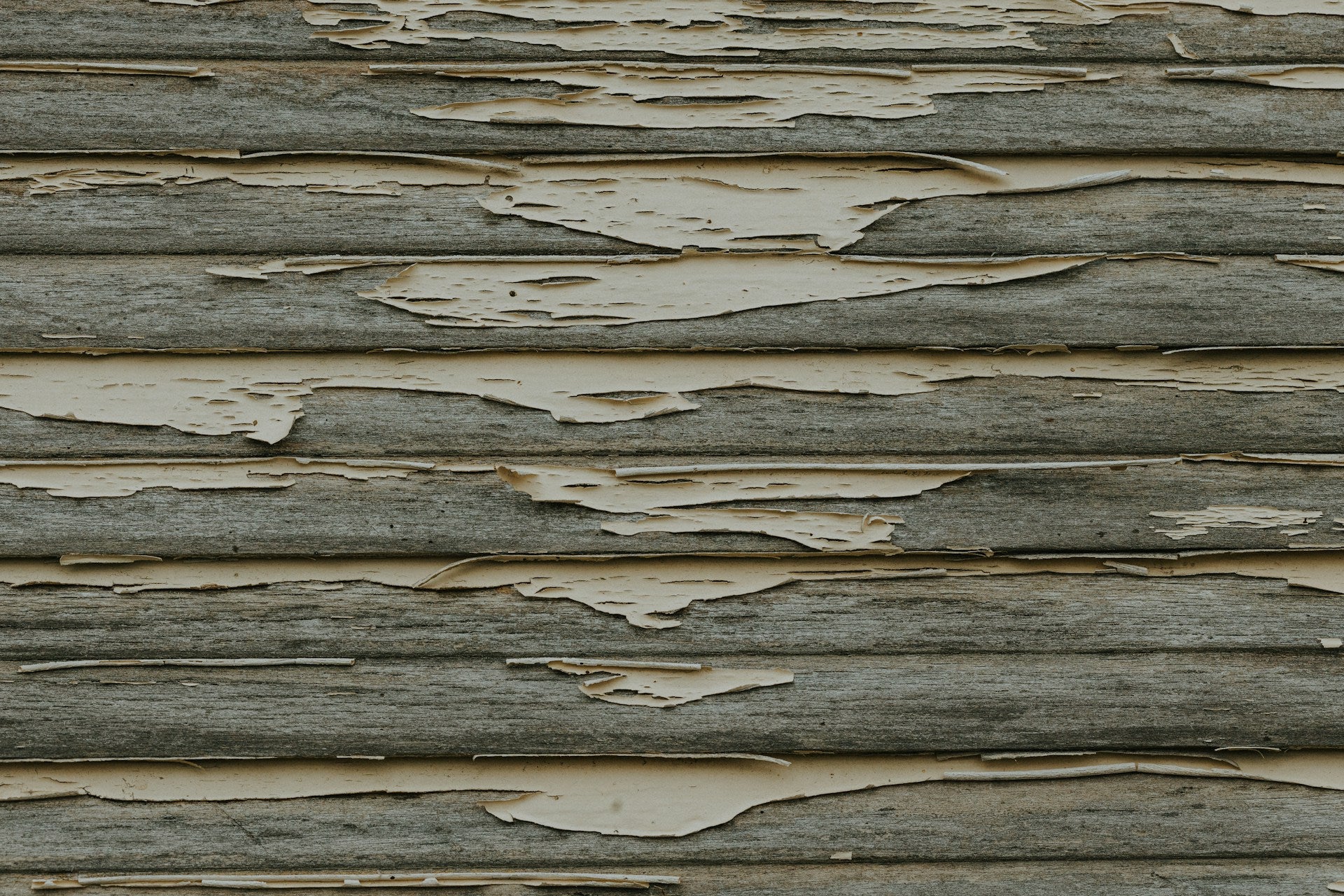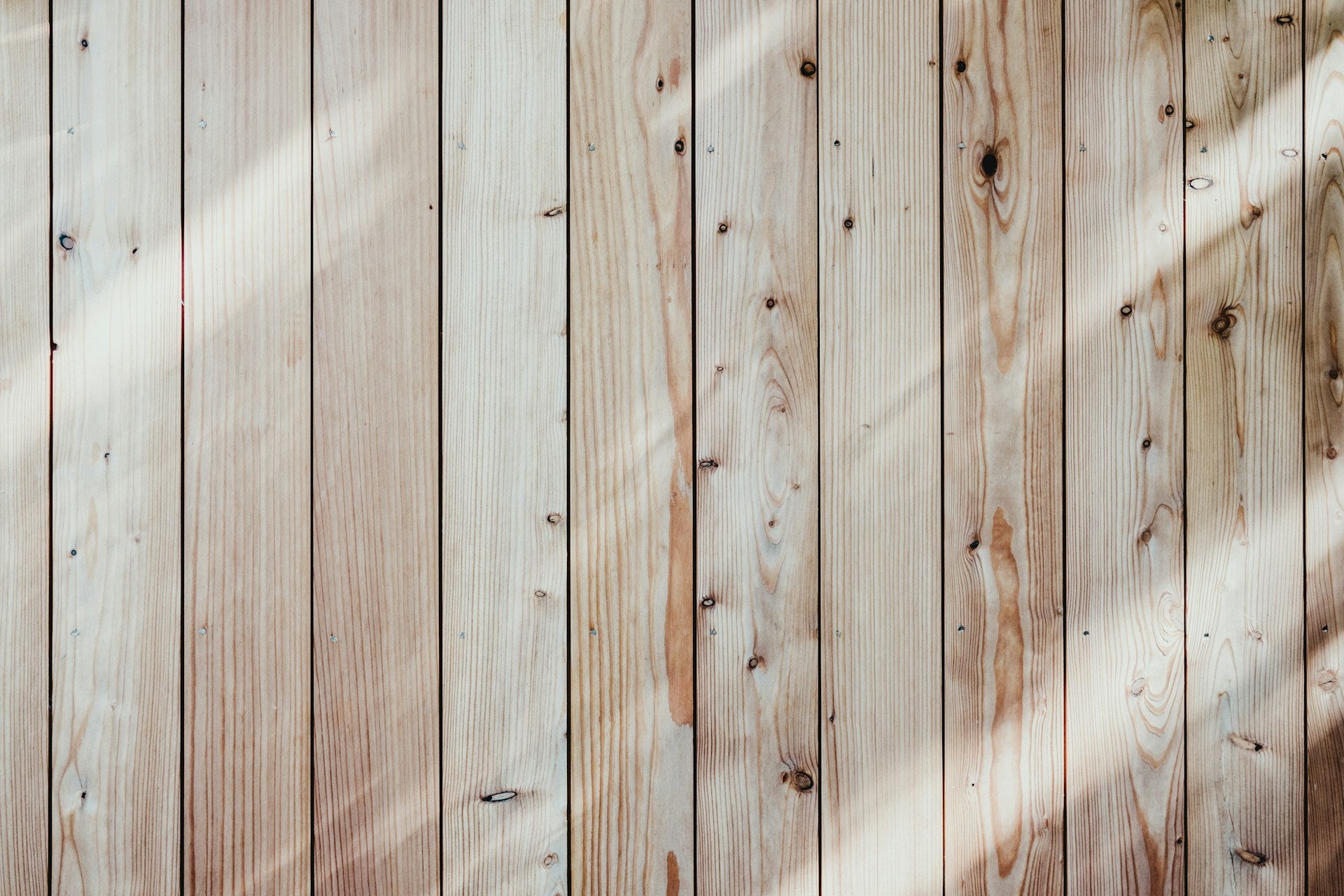Thermally modified poplar wood is an innovative building material that combines durability with aesthetic appeal. This type of wood undergoes a unique thermal modification process that enhances its stability and resistance to environmental factors, all without the use of harmful chemicals. By choosing thermally modified poplar, you are selecting an environmentally friendly option that minimizes the need for maintenance over time.
At Westwood Millworks, we specialize in offering high-quality thermally treated wood products designed to meet your needs. Our commitment to sustainable practices ensures that you can enjoy the beauty and benefits of poplar wood while making a responsible choice for the planet. Whether you are working on a residential or commercial project, our products deliver exceptional performance and longevity.
Understanding the advantages of thermally modified wood can help you make informed decisions for your construction or renovation projects. With its enhanced properties and our dedication to quality, Westwood Millworks is your best option for sourcing thermally modified poplar wood that will stand the test of time.
The Science of Thermal Modification
Thermal modification involves treating wood at high temperatures to enhance its properties. This process significantly improves dimensional stability, durability, and environmental sustainability. Understanding these aspects allows you to see the benefits of choosing thermally modified wood for your projects.
Thermal Modification Process
The thermal modification process typically involves heating wood to temperatures between 160°C and 260°C in a controlled environment. During this process, the wood undergoes structural changes, which alter the chemical composition of its cell walls.
Key steps include:
- Heating: Gradual heating reduces moisture content.
- Chemical Changes: Lignin and hemicellulose undergo transformations, improving stability.
- Cooling: Controlled cooling helps maintain the improved properties.
This method results in thermally modified wood, which exhibits lower hygroscopicity, minimizing water absorption and swell. Such stability makes it suitable for both indoor and outdoor applications, ensuring longevity.
Enhanced Stability and Durability
Thermally modified wood displays significantly enhanced dimensional stability. This improved stability means less expansion and contraction with changes in humidity. By reducing moisture uptake, it also minimizes the risk of warping and cracking.
These enhancements contribute to the wood's overall durability. The treatment process, through structural changes, fortifies the wood against biological degradation, such as mold and insect attacks.
With Westwood Millworks, you gain access to high-quality thermally treated wood products, ensuring reliability and performance in your construction needs.
Environmental Advantages
Thermal modification is a more environmentally friendly alternative to chemical treatments. The process utilizes heat rather than harmful substances, reducing the ecological footprint.
Benefits include:
- Sustainability: By prolonging the life of wood products, less frequent replacements are necessary.
- Reduced Chemicals: No biocides or preservatives are required, promoting healthier indoor environments.
- Recyclability: Thermally modified wood is fully recyclable, aligning with sustainable practices.
Choosing thermally modified wood from Westwood Millworks not only elevates your project’s quality but also supports environmentally responsible building practices.
Comparing Wood Types
When evaluating different wood types, it's essential to understand the distinctions in durability, appearance, and treatment processes. This section focuses on the unique characteristics of thermally modified poplar wood in comparison with traditional hardwoods and softwoods.
Differences Between Hardwoods and Softwoods
Hardwoods and softwoods differ primarily in their growth patterns and structure. Hardwoods, such as ash, come from deciduous trees that lose their leaves annually, while softwoods, like spruce, come from coniferous trees that remain green year-round.
Hardwoods tend to be denser and more durable than softwoods, making them suitable for furniture and flooring. They are also often more expensive due to longer growth cycles. In contrast, softwoods are lighter and more affordable, which can make them more appealing for construction projects where weight and cost are critical factors.
Poplar vs. Other Common Woods
Poplar is classified as a hardwood, yet it possesses unique properties compared to other hardwoods. It is relatively soft for its category but provides a good balance between workability and strength. While comparing poplar to ash, you will find that ash is denser and harder, offering superior durability for items subjected to heavy use.
Poplar’s light weight and ease of cutting make it an excellent choice for projects requiring intricate designs. It can take paint and stain well, allowing for versatile finishes. However, it may not be as durable as denser options like oak or ash for outdoor usage, making it more suitable for indoor applications.
Special Properties of Thermally Modified Poplar
Thermally modified poplar stands out due to its enhanced stability and resistance to environmental factors. The thermal modification process reduces moisture absorption, meaning this wood expands and contracts less with changes in humidity.
This attribute makes it a smart choice for outdoor applications, lessening the risks of warping and decay. Additionally, thermally modified poplar has a lifespan of 25-30 years, which competes favorably with traditional hardwoods.
Westwood Millworks specializes in thermally treated wood products, ensuring quality and performance. Our offerings provide long-lasting solutions that leverage the benefits unique to modified woods, making us the best option in the market for durability and aesthetic appeal.
Applications of Thermally Modified Poplar
Thermally modified poplar wood is increasingly sought after for various building applications due to its enhanced durability and dimensional stability. The unique properties of this wood make it especially suitable for siding, cladding, decking, and outdoor structures.
Siding and Cladding
When used for siding and cladding, thermally modified poplar offers a visually appealing and robust option. Its thermal modification process improves its natural resistance to moisture and decay, ensuring that it withstands the elements effectively.
This wood's stability means it will not warp or shrink significantly with changes in humidity. For applications like soffits, where aesthetic appeal and moisture resistance are essential, thermally modified poplar excels.
In terms of appearance, it can be finished to showcase its natural grain, adding character and beauty to your home’s exterior. At Westwood Millworks, we provide quality thermally treated wood products that meet high standards for aesthetics and longevity, making them an ideal choice for your siding and cladding projects.
Decking and Outdoor Structures
As a decking material, thermally modified poplar stands out for its durability and resistance to rot, making it perfect for patios and outdoor structures. This wood can endure the wear and tear of outdoor conditions.
It is significantly less prone to expansion and contraction, which helps maintain a level surface for your deck. Additionally, thermally modified poplar can last 25 to 30 years, even with ground contact.
You can also customize the finish to suit your design preferences, whether you prefer a smooth look or a textured surface. Choosing Westwood Millworks for your thermally modified poplar means you are investing in high-performance wood that complements your outdoor lifestyle beautifully.
Durability and Maintenance
Thermally modified poplar wood offers enhanced durability and requires specific maintenance practices. Understanding its longevity and performance, along with proper care protocols, ensures you maximize its benefits.
Predicting Longevity and Performance
Thermally modified poplar wood achieves impressive durability ratings, classified as Durability Class 1, making it highly resistant to decay. The thermal modification process alters the wood's cellular structure, significantly reducing its moisture content, which minimizes susceptibility to rot and insect damage.
In terms of bending strength, thermally modified poplar maintains robust performance levels, making it suitable for both structural and decorative applications. This wood type boasts a lifespan that can surpass traditional untreated wood, often lasting 25 years or more, depending on environmental conditions and usage.
Care and Maintenance Protocols
To ensure the longevity of your thermally modified poplar, follow these maintenance practices:
- Regular Cleaning: Use a damp cloth to wipe away dirt and debris. Avoid abrasive cleaners as they can damage the wood's finish.
- Protective Coatings: Consider applying a UV-protective finish to shield against fading and wear, especially for outdoor applications.
- Moisture Control: Keep the wood in a stable environment with controlled humidity levels to prevent warping.
With proper care, you can enjoy the durability of thermally modified poplar wood for years. At Westwood Millworks, our commitment to quality ensures you receive the best thermally-treated wood products for your projects.
Thermally Modified Poplar in Sustainable Design
Thermally modified poplar wood plays a significant role in sustainable design by offering enhanced durability and environmentally friendly characteristics. It meets the demands of modern construction while adhering to green standards.
Environmental Impact Assessment
When evaluating the environmental impact of thermally modified poplar, its sustainability is evident. The thermal modification process uses heat and steam, eliminating the need for toxic chemicals. This results in a natural wood product that is recyclable and non-toxic.
In terms of durability, thermally modified hardwood like yellow poplar boasts improved resistance to biological decay and moisture fluctuations. This enhancement reduces the frequency of replacements and repairs, ultimately lowering the ecological footprint of construction projects. By choosing thermally modified wood, you're actively participating in resource conservation and decreasing reliance on less sustainable materials.
Contribution to Green Building Standards
Thermally modified poplar wood aligns with various green building standards, making it an ideal choice for environmentally conscious projects. Its contribution to LEED certification is significant since it qualifies under the categories of sustainable materials.
The durability of thermally modified wood also extends its life span, which promotes resource efficiency. Using products like those from Westwood Millworks ensures that your building materials not only meet aesthetic demands but also fulfill environmental requirements. This combination supports your commitment to sustainability without compromising quality. Opting for thermally modified poplar is a strategic choice that reflects a dedication to responsible building practices.




Leave a comment
This site is protected by hCaptcha and the hCaptcha Privacy Policy and Terms of Service apply.